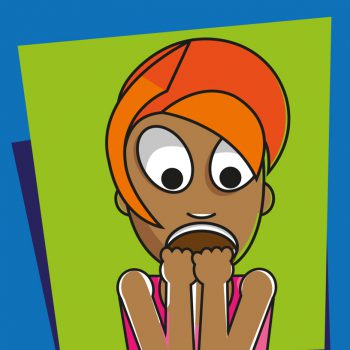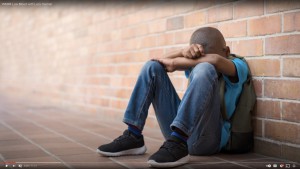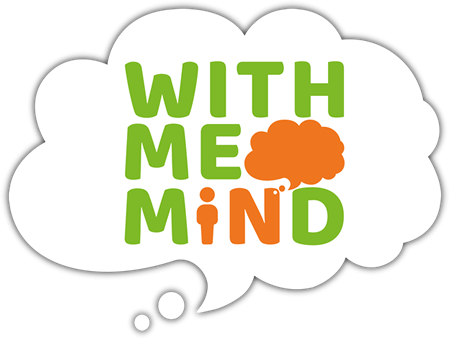 Anxiety is a normal response to stressful situations; this feeling of fear or panic is our brain and body’s way of telling us that something is difficult or not right, and we need to deal with it. This automatic reaction is often known as the “flight, fight or freeze response” and it refers to how we react to the stressful situations. Our body wants the difficulty to go away and so it prepares itself for how we may react by pumping adrenaline into our body preparing it for how we will react. This can cause us to feel sick, feel clammy, feeling hot or needing the toilet.
Anxiety is a normal response to stressful situations; this feeling of fear or panic is our brain and body’s way of telling us that something is difficult or not right, and we need to deal with it. This automatic reaction is often known as the “flight, fight or freeze response” and it refers to how we react to the stressful situations. Our body wants the difficulty to go away and so it prepares itself for how we may react by pumping adrenaline into our body preparing it for how we will react. This can cause us to feel sick, feel clammy, feeling hot or needing the toilet.
Most of us have normal day to day worries such as our friendships, and we may feel anxious if we are under stress, such like if we have to meet someone new or if we are in an exam. However, afterwards we often feel calm and much better.
 Anxiety can become a problem when we feel worried or panicky even when we aren’t in a stressful situation. Some of the symptoms include; feeling nervous, on edge or panicking, feeling overwhelmed or full of dread, trouble with sleep or appetite, difficulties with concentration, trembling, heat beat fast or thinking you’ve having a heart attack, stomach cramps, needing a wee more or having diarrhoea, sweating & getting very hot.
Anxiety can become a problem when we feel worried or panicky even when we aren’t in a stressful situation. Some of the symptoms include; feeling nervous, on edge or panicking, feeling overwhelmed or full of dread, trouble with sleep or appetite, difficulties with concentration, trembling, heat beat fast or thinking you’ve having a heart attack, stomach cramps, needing a wee more or having diarrhoea, sweating & getting very hot.
For more information visit:
Anxiety is treatable and the first steps are trying to identify what our triggers are, and how we manage these.
Top tips document
We have included some resources for you to read through and use:

